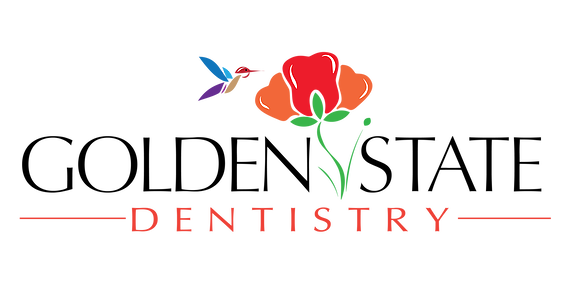
Stress from work or your personal life can affect not just your health but your dental health as well. Increased levels of stress hormone, lowers your immunity, making you more susceptible to periodontal disease. Furthermore, stressed individuals are more likely to engage in activities that hinder dental health, like like smoking, not eating a balanced diet, not caring for their teeth and gums or postponing their dental visits.
Dental problems associated with stress
Stress can lead to:
- Tooth decay. Stressed individuals tend to neglect their dental hygiene and eat a poor diet high in sugar and carbs that can wreak havoc on your teeth.
- Gum disease. Stress lowers your immune systems, making you more susceptible to infection, like gum disease.
- Bruxism. The clenching of your jaw and grinding of your teeth (bruxism) is commonly a result of stress and can lead to dental attrition, wear away the enamel, and cause jaw pain, headaches, and tooth loss.
- Canker sores. Canker sores are white shallow lesions that can develop in the mouth as a result of stress. Although harmless and go away on their own, they can be painful.
- Dry mouth. Stress can hinder saliva production and cause dry mouth. Without enough saliva, your risk of developing cavities increases.
Ways to manage stress
Learning to deal with and manage your stress will help to protect your dental health. You can manage stress in a number of ways, including:
- Addressing underlying causes
- Exercising regularly
- Eating a healthy diet
- Practicing deep breathing exercises
- Getting 7-8 hours of sleep per night
Furthermore, it's important not to use smoking or alcohol as a coping mechanism for stress, as that can compromise your dental health. If you are experiencing severe stress and anxiety, and have difficulty coping, you may need to seek professional help.
If you are worried stress is affecting your dental health, schedule a consultation with us.

.jpg?width=712&name=GSD-Scalloped-Tongue-Causes-and-Treatment-Blog-01.27.2210.21.21%20(1).jpg)











.jpeg?width=425&name=GSD-How-to-Combat-Dental-Plaque-07.22.24-2%20(1).jpeg)



